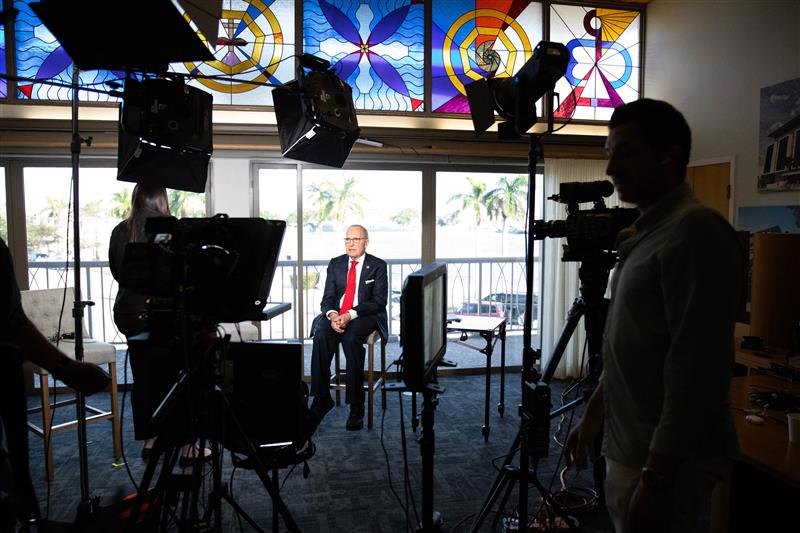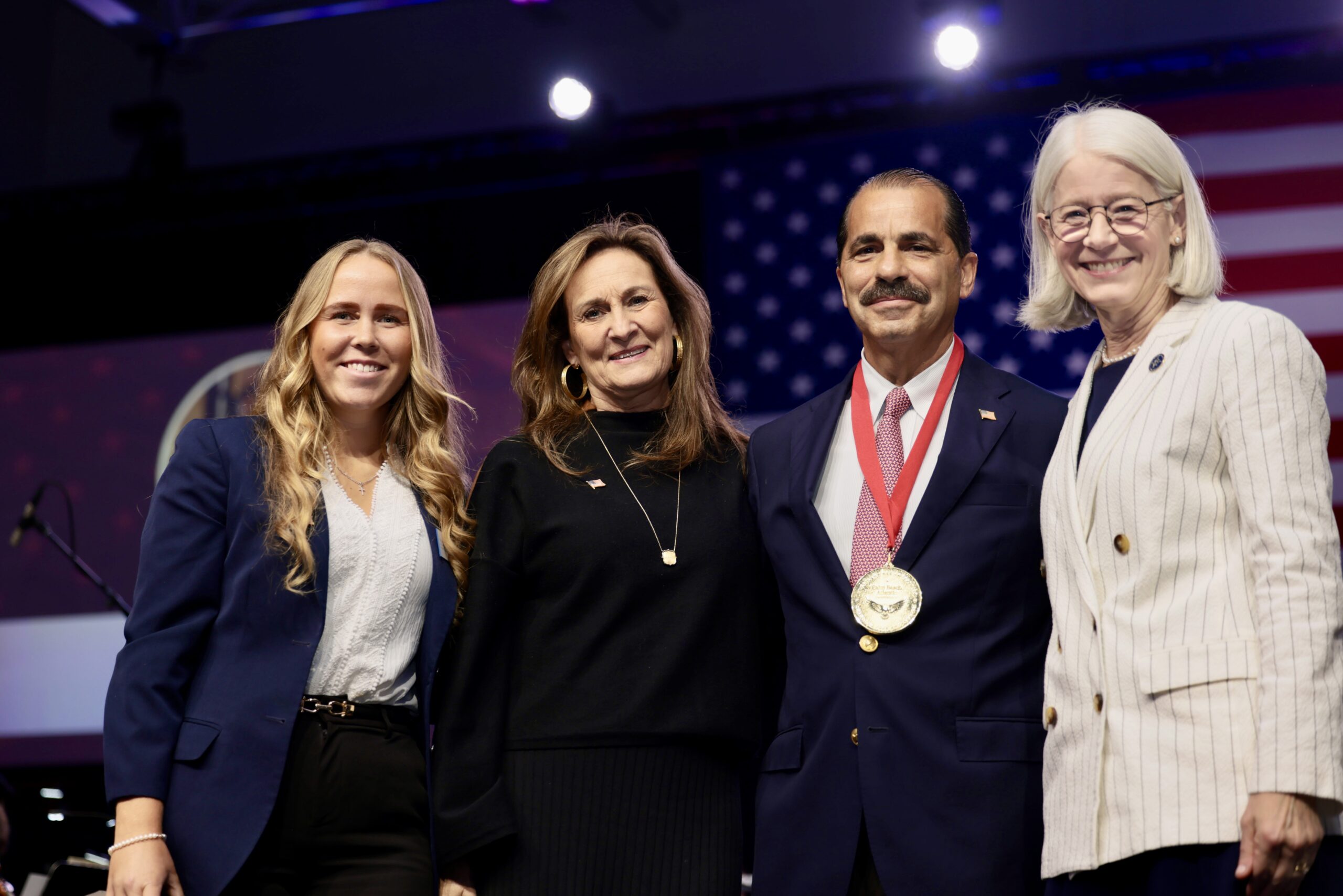The lightning-fast pace of speech and debate competitions is teaching the next generation of lawyers, lawmakers and top-notch communicators to be quick thinkers – and they’re racking up awards along the way.
The University’s Debate & Forensics Lab Team brought home several awards from the 23rd annual National Christian College Forensics Invitational tournament March 6-8 at Grove City College in Grove City, Pennsylvania. Palm Beach Atlantic students won two awards for impromptu speaking and one each for informative, persuasive and after-dinner speeches. They won second place for overall team performance in their division.
In February, the team advanced to the semi-final round of a National Parliamentary Debate Association event at Southeastern University in Lakeland, Florida, where they competed with teams from 13 other Florida universities.
Joseph Sowers, visiting assistant professor of communication, coordinates the debate lab. Students from a range of disciplines are encouraged to get involved to improve their communication skills, he said. They earn course credit for the lab.
With politics or law school in his future, Jason Shaver enrolled in debate to overcome debilitating nerves.
“It’s a really nice, stress-free, casual environment where you can learn how to become a better speaker,” said Shaver, a sophomore politics major. “Being able to speak in front of people is a valuable skill. I would encourage students of any major or potential career path to join.”
In the six-round parliamentary debate in Pennsylvania, Shaver and teammate Connors Ray argued about the expansion of the liberal arts, counterterrorism policy in West Africa, socialism in America, people who complain but don’t vote, the past as the key to the future and a government ban of cyberbullying and racist statements.
Each team was allotted a mere 15 minutes to prepare for each round.
“It’s really fast-paced,” Shaver said. “It’s really on the fly. You’ve got to think on your feet.”
Lauren Roub, a sophomore psychology major, is one of the experienced debaters. Shaver credited her with giving him some pointers on his persuasive speech about abortion. Rather than rehashing partisan angles, he advocated for creating a culture of life by increasing funding for crisis pregnancy centers and reducing adoption costs.
Roub and debate colleagues Jonathan Carleton and Peyton Marshall coach their less-seasoned peers. Roub said she likes investing in others and watching them grow.
Carleton, a sophomore communication major, said he enjoys working with ideas and developing logical points.
In the impromptu competition, participants randomly select printed quotes from prominent people with big ideas. For example, Carleton’s speech in the final round was based on the quote “Dictators fear laughter more than bombs” from British author Arthur Koestler.
Students have seven minutes to both formulate and deliver their speeches. Most speeches are about five minutes long. Six people in the room could give six entirely different speeches on the same quote, Carleton said.
“The idea is to think on your feet and develop a compelling, meaningful presentation on the quote that you just drew,” Carleton said.
Marshall remembers the first time she competed in impromptu public-speaking. She wanted to walk out on the spot because she blanked. Three semesters of competition later, the junior communication major said “it’s really helped me not have that stage-fright feeling.”
Now, Marshall feels comfortable talking to anyone – including large groups of people. In the most recent competition, she gave an informative speech on human trafficking and a persuasive speech about compulsory childhood vaccinations. The debate course has helped her process ideas more clearly, she said.
“I’m not afraid to express my opinion and be judged for what I’m telling people,” Marshall said.
Adding to the challenge, debaters never know if they’ll be assigned to the opposition or the affirmative side. Marshall enjoys hearing others’ opinions on a particular topic and has learned to put aside her own opinion in order to get a point across.
Plus, it’s fun to argue without any hard feelings, she said.
“It really is a great course,” Marshall said. “You get to have these little arguments in class, but then you get to laugh about it.”


